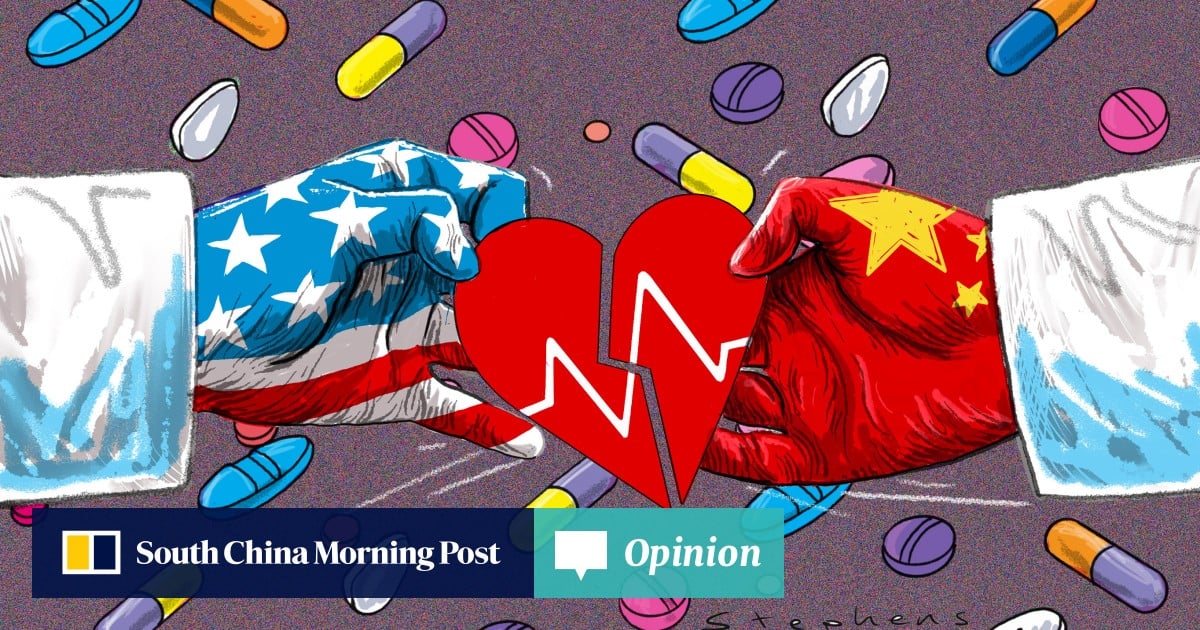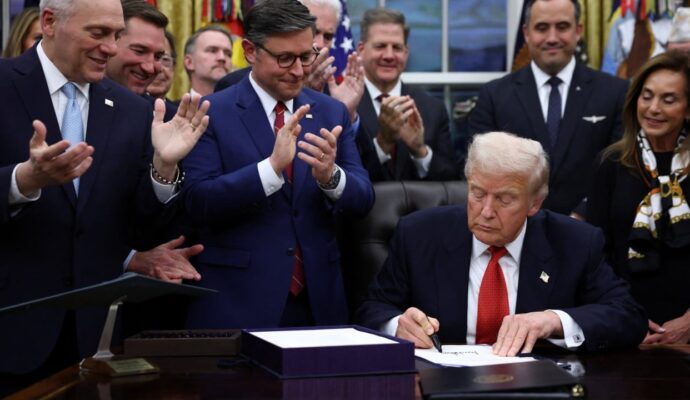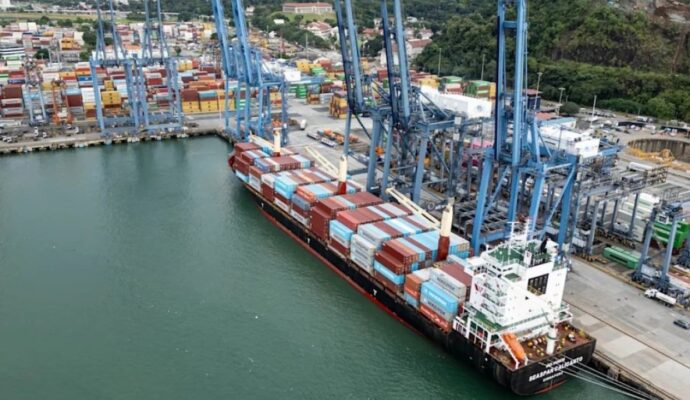Last month, I joined a US think tank delegation to China, participating in a round table at a top university in Beijing. A remark by a leading professor of diplomacy struck me: “If China and the US can’t cooperate on health issues, they can’t cooperate on others.” His words underscore the dire state of bilateral relations. Even during peak Cold War tensions, public health challenges such as
polio and smallpox transcended geopolitical rivalries and forged unlikely alliances.
Yet between 2017 and 2024, there were no high-level US-China meetings on public health. These seven years spanned the Covid-19 pandemic, when no serious dialogue occurred; instead, arrangements for cooperation on disease surveillance and response were dismantled.
In January last year, following the
summit at Woodside between then US president Joe Biden and Chinese President Xi Jinping, the two nations established a working group to tackle illicit synthetic drugs, including fentanyl and its precursor chemicals, yielding real progress. But that mechanism has stalled under President Donald Trump. Unlike in previous eras, US diplomatic and health officials in Beijing now tread extremely cautiously when reaching out to their Chinese counterparts.
Why the reluctance? Covid-19 baggage looms large. The US has criticised China for stonewalling the
origins investigation, while China has accused America of politicising the probe. Many US lawmakers and government officials believe China’s full cooperation on Covid’s origins should be a prerequisite for broader health security discussions.
On fentanyl, the US demands more substantive Chinese action to curb precursor chemicals but China contends that the
20 per cent fentanyl tariff itself constitutes the primary obstacle to bilateral cooperation on fentanyl issues. At root, trust has eroded seriously. Some American politicians fear any dialogue serves only as a platform for Chinese propaganda, with Beijing uninterested in genuine solutions. There is a Chinese saying, “to see is to believe”. But convincing US lawmakers to visit China has become a daunting task.
This impasse harms both nations – and the world. The stakes in health security could not be higher. Covid-19 showed that a virus originating in one country can ravage economies and claim millions of lives worldwide, yet the two superpowers have grown even less cooperative in preparing for the next pandemic. Government decisions are increasingly driven by national security concerns, leading to missed chances for transparent data sharing or cooperation in drug development or manufacturing.
South China Morning Post



